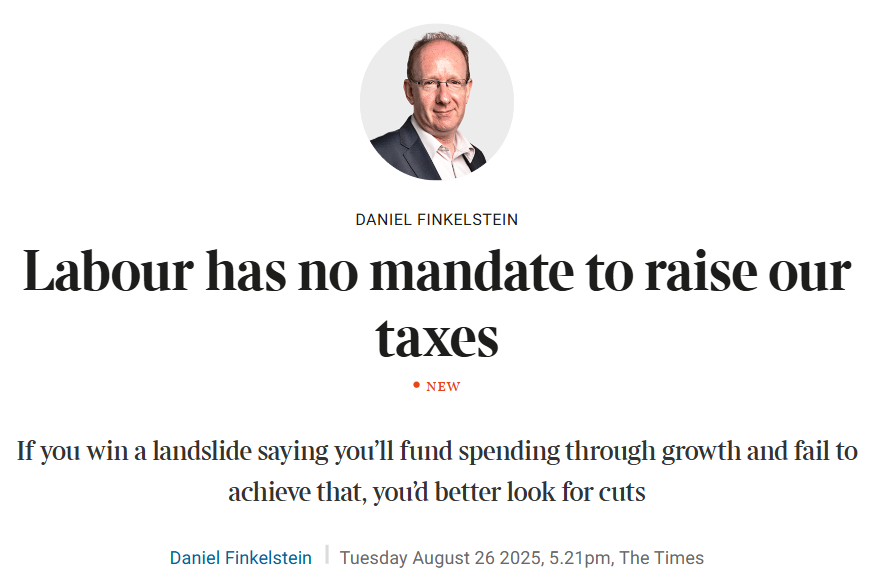Fun facts on the UK tax code, the longest in the world.
Its complexity is yet anther way in which tax is holding Britain back. A thread:
Its complexity is yet anther way in which tax is holding Britain back. A thread:

The UK tax code is over 21,000 pages long and contains over 10 million words.
That's about 12 times the length of the Complete Works of Shakespeare and 12.5 times the number of words in the Bible (800,000 words).
That's about 12 times the length of the Complete Works of Shakespeare and 12.5 times the number of words in the Bible (800,000 words).

It's 8 times longer than Marcel Proust’s ‘À La Recherche Du Temps Perdu’ which at 1.26 million words has the Guinness World Record for the longest novel ever written.
Proust's novel is a better read.
Proust's novel is a better read.

By contrast the Hong Kong tax code, reckoned to be one of the world's most effective, is a mere 300 pages long.
Of course Hong Kong is now significantly richer than Britain and has better public services.
Of course Hong Kong is now significantly richer than Britain and has better public services.

It is possible to reduce the length of our tax code, but that would require leadership. Chancellor Nigel Lawson scrapped one tax every budget and reduced the number of income tax bands to two.
Since then politicians have blabbed on about simplifying but done the exact opposite
Since then politicians have blabbed on about simplifying but done the exact opposite

Labour's Gordon Brown trebled the length of the tax code. His successor, George Osborne, called the tax code "one of the most complex and opaque” on earth, and said he would simplify it radically.
In practice the tax code doubled again under his tenure as Chancellor.
In practice the tax code doubled again under his tenure as Chancellor.

Osborne set up a new quango, the Office for Tax Simplification, which failed to simplify taxes but did cost taxpayers over £1m per year.
It even once proposed increasing CGT. Thankfully it was abolished by @KwasiKwarteng
It even once proposed increasing CGT. Thankfully it was abolished by @KwasiKwarteng

Our current government of course continues to increase the complexity of the code. We have had the new digital services tax and of course the 'making tax digital' requirements.
Better described as 'making tax more tiresome' these introduce horrendous new levels of complexity.
Better described as 'making tax more tiresome' these introduce horrendous new levels of complexity.

The code's complexity has many negative consequence, not only on investment as well as compliance costs, but also for all those who are hounded by HMRC for misinterpreting the code. 

The only meaningful way to simplify the tax code is to scrap whole taxes.
That needs courage and leadership, sadly in short supply across all parties.
That needs courage and leadership, sadly in short supply across all parties.
• • •
Missing some Tweet in this thread? You can try to
force a refresh

















